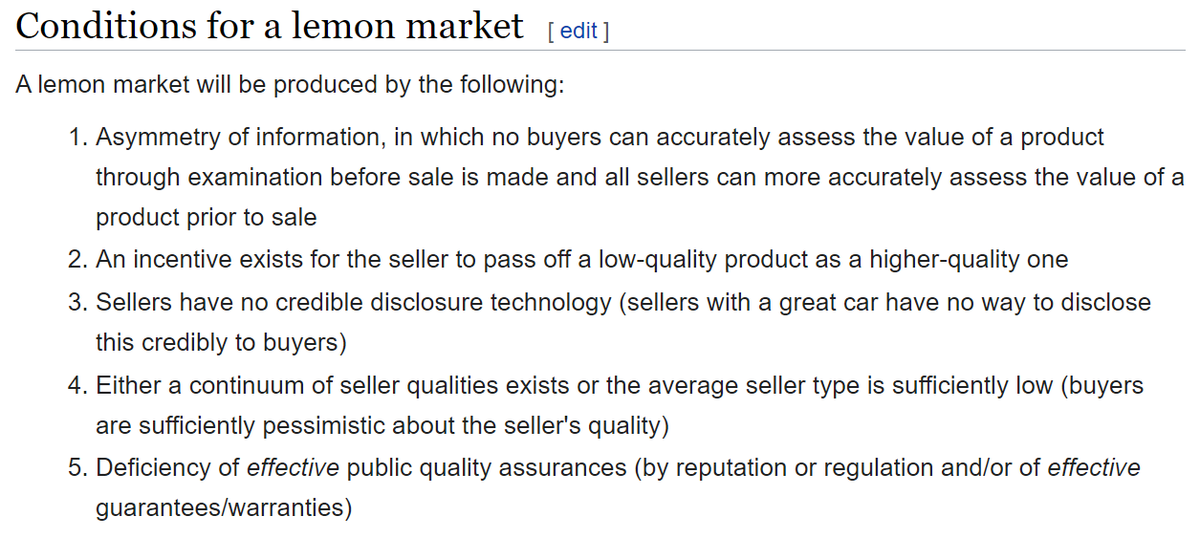
#1 McAfee was never the face of cybersecurity
#2 he struggled with addictions long before he created his anti-virus program
#2 he struggled with addictions long before he created his anti-virus program
https://twitter.com/cfarivar/status/1408226047322038272
McAfee disappeared from the hacking/infosec scene in 1994 when he was pushed out of his own company after it went public.
It reappeared in 2013 after he was pushed out of Belize because of a murder investigation. Every serious person knew not to take him seriously.
It reappeared in 2013 after he was pushed out of Belize because of a murder investigation. Every serious person knew not to take him seriously.
It's hard for me to call him a "charlatan" because nobody serious took him seriously. He was instead very fun and entertaining.
I wouldn't judge him a "good" or "bad" person. He was just a person. There are lots of troubled people in our community. There are lots of people with public "personas" that don't reflect who they are.
The "tax fraud" allegations are bogus. It's unlikely he wanted to commit fraud. But it's easy to get into trouble with cryptocurrencies when through gains and losses you find yourself owing more in taxes than you have remaining money.
Cryptocurrency tax rules are complex and easy to get wrong. And people like McAfee surround themselves with people encouraging him to do questionable things rather than being conservative with the tax man.
I mention this because, of course, McAfee made things worse for himself by basically declaring he was committing tax fraud, as part of his whole rebel persona.
Remember that the two most unavoidable things in the world are "death" and "taxes" -- and even death is negotiable if you freeze yourself to be thawed in 1000 years when technology has reached the point to fix the crystal damage to your cells.
• • •
Missing some Tweet in this thread? You can try to
force a refresh




